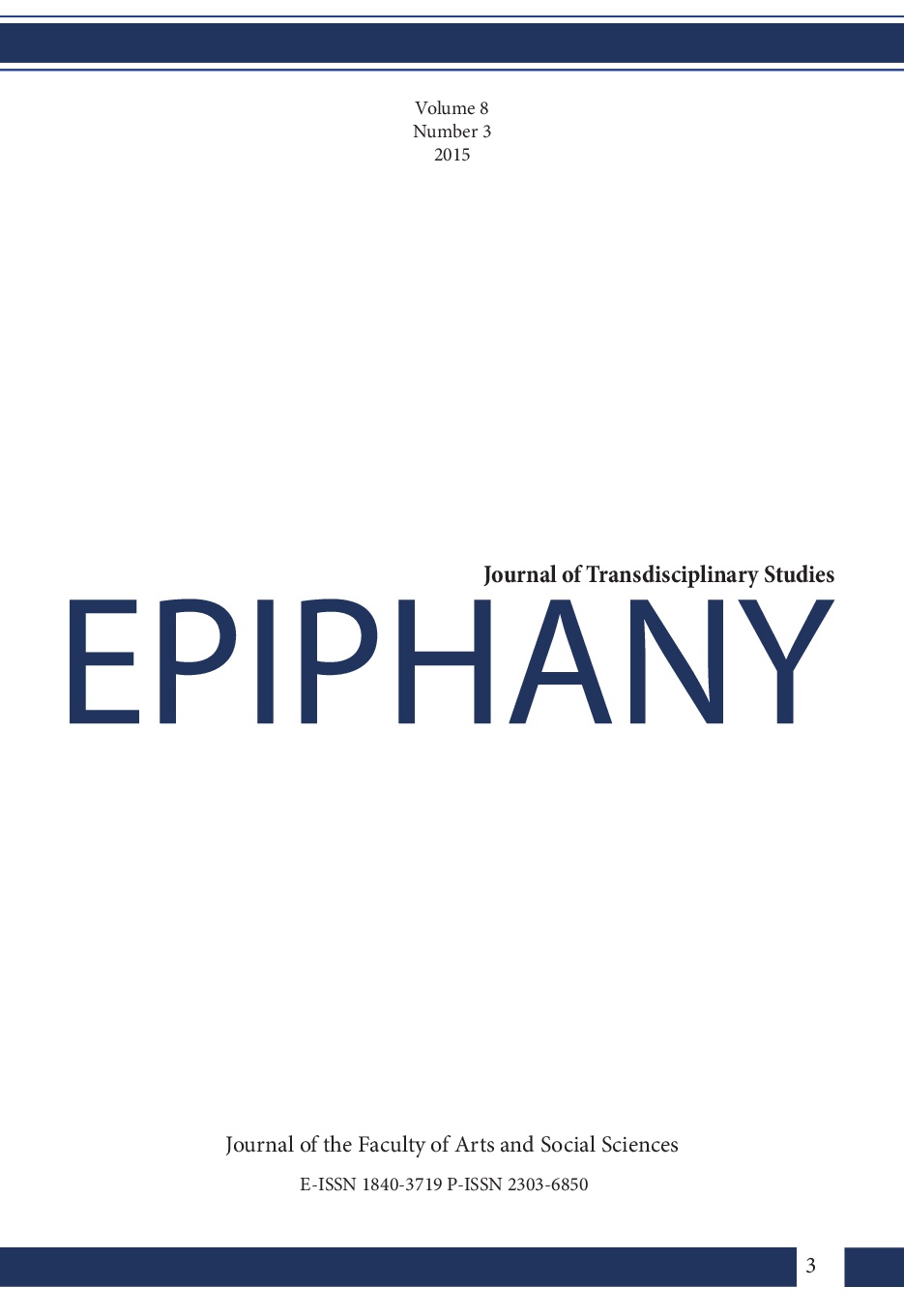How Useful are the Epistemic Structures of ‘Capabilities’ and ‘Afrikology’ in Addressing Social Justice in Africa?
How Useful are the Epistemic Structures of ‘Capabilities’ and ‘Afrikology’ in Addressing Social Justice in Africa?
Author(s): Ronald Elly WandaSubject(s): Political Philosophy, Recent History (1900 till today), Politics and law, Sociology of Culture
Published by: International University of Sarajevo
Keywords: Capabilities; Afrikology; Culture; Epistemology and Social Justice;
Summary/Abstract: In the crowded argumentative space of political philosophies, it is often alleged that Justice is the highest goal of political life. Yet for most folks in Africa it is injustice instead that continues to dominate political debate. This article uses the epistemology of Afrikology to advance the African cultural understanding of “equality” to argue that this is a crucial tenet in appreciating the interpretation that African communities give to the concept of justice and the subsequent social dislocation that can be found in the use of Amartya Kumar Sen’s Capabilities approach (1980; 1984; 1985; 1987; 1992; 1999) on the continent. Neo-liberal’s ‘personal jurisdiction’ particularity as universality is challenged throughout the explorative epistemological discussion between Capabilities and an emerging Afrikology (2011; 2012) position offered through the restorative scholarship of celebrated East African scholar Dani Wadada Nabudere.
Journal: Epiphany. Journal of Transdisciplinary Studies
- Issue Year: 8/2015
- Issue No: 3
- Page Range: 147-164
- Page Count: 18
- Language: English

